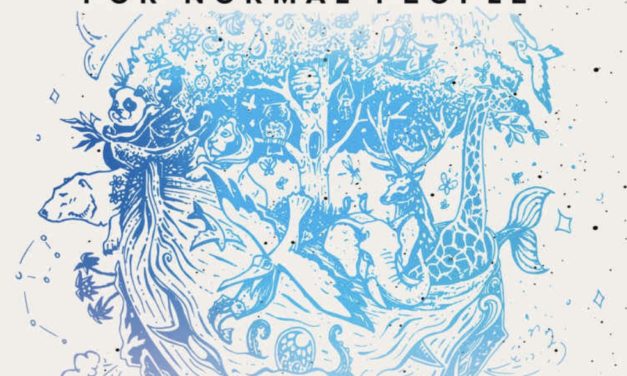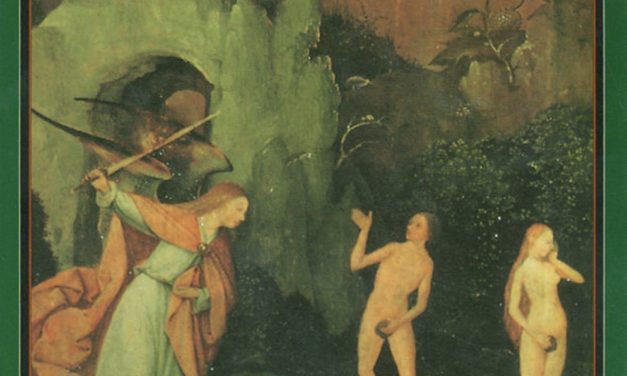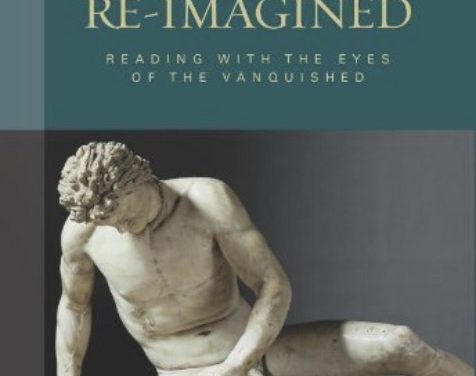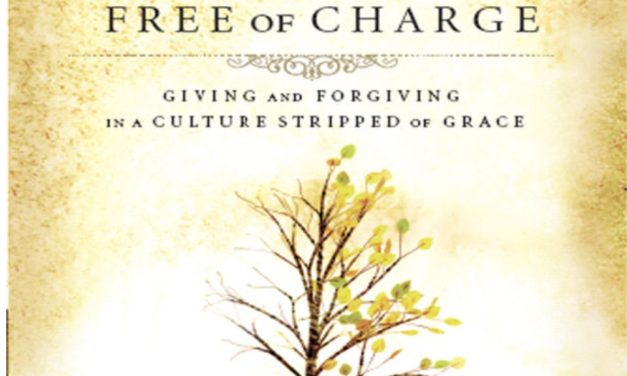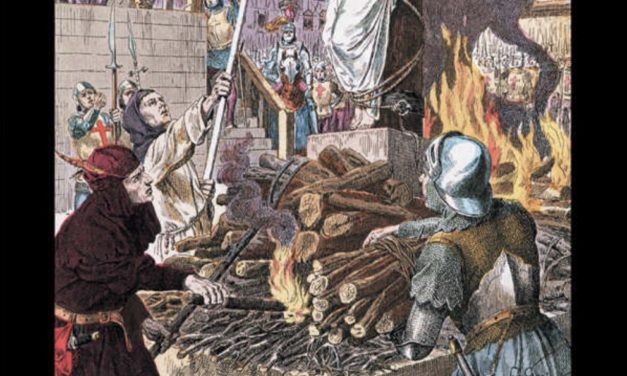Genesis for Normal People: A Guide to the Most Controversial, Misunderstood, and Abused Book of the Bible
Given the fever-pitched controversies about evolution, Adam and Eve, and scientific evidence for the Flood, the average person might feel intimidated by the book of Genesis. But behind the heady debates is a terrific story-one that anyone can understand, and one that has gripped people for ages. If you are not a Bible scholar but want to be able to read Genesis and understand its big picture, this brief, witty book is the guide you’ve been waiting for. Clear summaries and thought-provoking questions provide direction for personal reflection and group discussion. Peter Enns, a Biblical Studies professor, and Jared Byas, an Old Testament professor, summarize the book’s key themes and help us see Genesis as an ancient story, one with continued relevance for human experience today.
Read More
